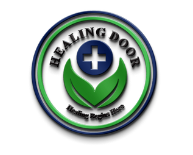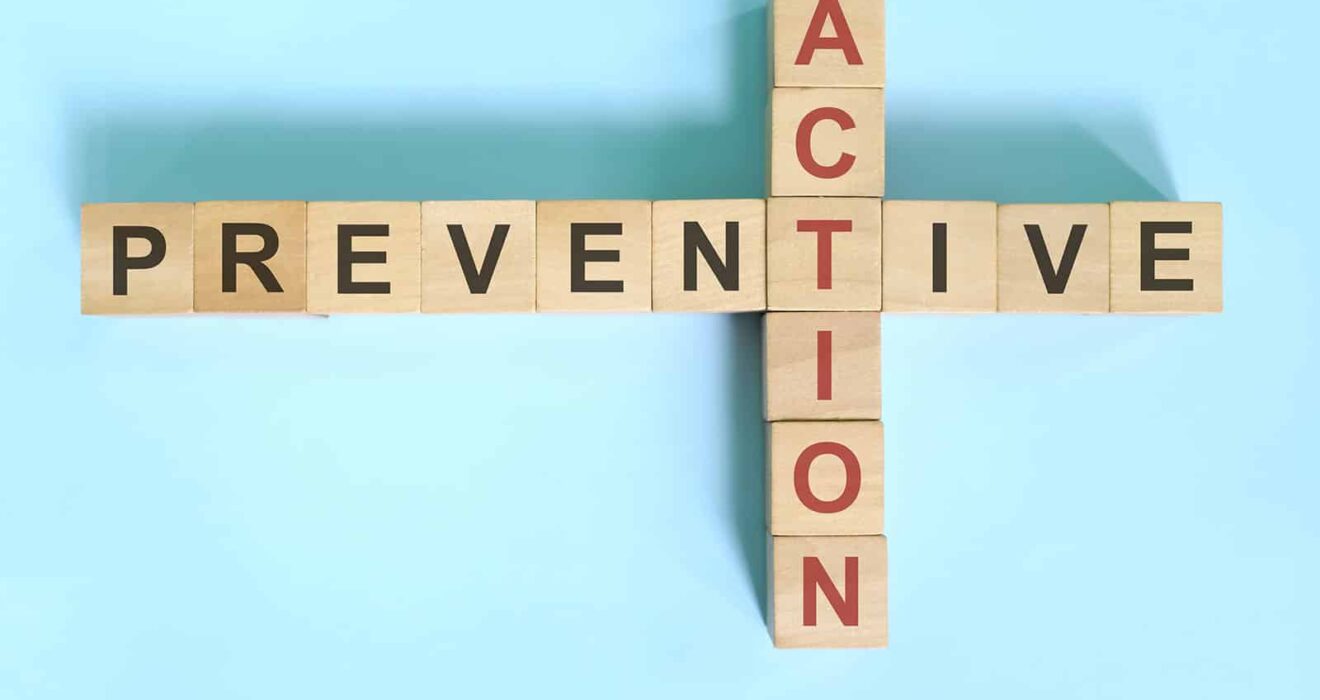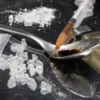RELAPSE PREVENTION PLAN
RELAPSE PREVENTION PLAN
Overcoming a relapse requires resilience and the development of coping mechanisms. Each successful recovery from a relapse builds mental and emotional strength, making you better equipped to face future challenges. acknowledging the importance of relapse enables you to proactively address the root causes, reducing the likelihood of recurrence.
It allows for the refinement of strategies to enhance the effectiveness of your relapse prevention plan
- Slippery Friends:
– Choose supportive friends; surround yourself with those who encourage your recovery.
– Establish clear boundaries with friends who may encourage substance use; communicate openly about your recovery needs.
- Financial Management:
– Create a budget for necessities and savings; seek financial advice if needed.
– Seek financial accountability by involving a trusted friend or family member; be transparent about your financial situation with your support system.
- Mobile Usage:
– Set boundaries on mobile use; establish time limits for non-essential phone use.
– Use technology positively by leveraging apps for meditation, mindfulness, or recovery-related content; connect with supportive online communities for encouragement.
- Additional Tips:
– Consider a sober living environment for additional support.
– Regularly assess the effectiveness of your relapse prevention plan and make adjustments based on evolving needs and circumstances.
WHAT ARE THE WARNING SIGNS THAT USUALLY SUGGEST YOU’RE AT RISK FOR RELAPSE?
| Over-confidenceno need for treatmentStart romanticizing past drug useBelieve “I can drink/use a small amount” IsolatingIrritabilityObsessing with pills and medications | Feeling unable to copeFeeling stressed and overwhelmedStarting to lie to people I care about Becoming defensive around drug use Loss of interest in hobbies/activitiesRecognize I’ve overcome so much Get my self-esteem backCockiness |
Tips for Avoiding Relapse
- The most important moment before relapse isn’t the final decision to use a drug. It’s when you decide to expose yourself to triggers. For example, a trigger could be going to a party or walking through the liquor section at the store. Before encountering your triggers, you still have most of the control.
- If you’re feeling the urge to use, try to wait it out. If you distract yourself for even 30 minutes, it’s likely your craving will lessen in intensity. It might not totally disappear, but it will become easier to resist.
- Focus on replacing your past drug use with new positive activities. If you used to go home after work and drink, you’ll need to make a new plan to occupy yourself. Going home and staring at a wall will eventually lead to staring at a wall with a drink in your hand.
- Don’t try to do this alone. Sharing your goals for sobriety with a friend makes all the difference. They can hold you accountable when you’re making questionable decisions (“I’m just going to the bar to hang out, I won’t drink!”) and they can offer a kind ear when you’re struggling.
- Remind yourself that cravings will pass. Have you ever had that experience when you’re sick where you can’t remember what it feels like to not be sick? The same thing happens with cravings. Give it time, and believe it or not, the feeling will go away.
- You’ll have to make sacrifices beyond giving up the drug. If you previously used during specific activities (for example: watching a game on TV, going to concerts, or spending time with friends), you may need to make changes. This might mean not watching the game, or making new friends who are sober. This can be really hard, but that’s what makes it a sacrifice.
- Have a plan for when things get bad, because at some point, they will. People get fired, hearts get broken, and sometimes people leave us forever. Develop a plan to get through these major life challenges–without the use of drugs–before they happen.
- Don’t become complacent with your sobriety. If you someday consider having “just a glass of wine with dinner”, don’t make the decision lightly. If you’ve struggled with addiction in the past, you are much more likely to develop an addiction again.
- If you do relapse, don’t give up. A lot of people find it helpful to keep track of how long they’ve been sober, but don’t confuse this count with the true goal of leading a good life. If you’re at day 100 of sobriety, that’s great. However, if you make a mistake and end up back at day 0, know that you are not starting over (you gained knowledge, experience, and confidence). In other words: Slipping up is not a license to go on a binge.



